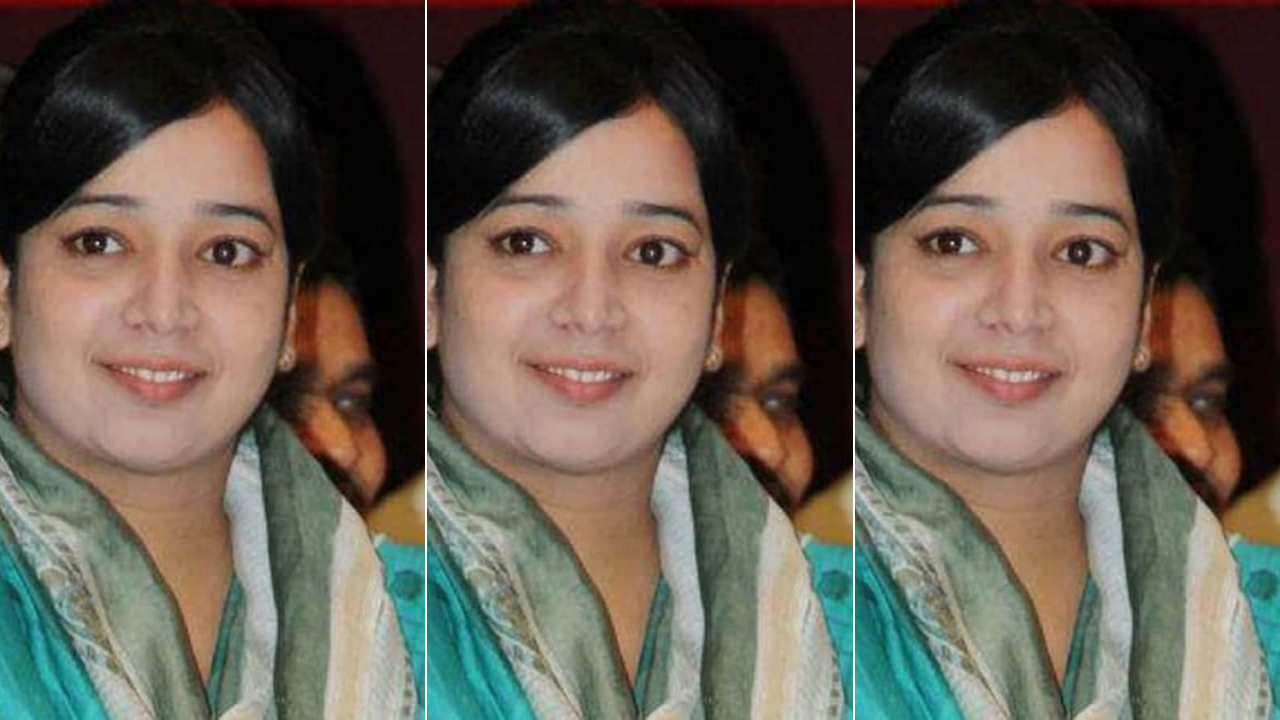A Delhi court has granted bail to former Congress councillor Ishrat Jahan in a UAPA case. The anti-CAA activist has been languishing in jail since her arrest on 26 February 2020, over what Delhi police has claimed is her connection with the riots in northeast Delhi.
Additional Sessions Judge Amitabh Rawat granted her bail after it was denied last month.
Jahan’s counsel Advocate Pradeep Teotia argued in the court that there is not an iota of evidence against her to prove that she was involved in the conspiracy to incite violence and she has been falsely incarcerated in the case.
“She was a popular lady. They have no single iota of evidence regarding her involvement in the conspiracy. There has to be something.”
Teotia also pointed out that Jahan’s position in the case is better than other co-accused that have been already granted bail.
Jahan’s lawyer recalling her career as a lawyer and ward member also said in the court, “They have created fear amongst people. She has been a lawyer. She was a young political person. She has brilliant acumen. She was victorious from a ward where Muslims were less in number. Both the sects had given the vote to her. No Muslim had even won from the said seat”.
On the other hand public prosecutor, Amit Prasad argued that Jahan was in touch with the other co-accused in the case. He argued that she was a part of the WhatsApp group allegedly created by Sharjeel Imam. He said that if she was in contact with the other co-accused this means she was a part of the Delhi riots conspiracy.
He also levied the responsibility of Delhi riots on the anti CAA sit-in protests stating that these protests were planned as they were in the close vicinity of 25 mosques.
He submitted that these sites had some religious significance and were given secular names to make them look legitimate but were communal.
Jahan is the sixth person accused in this UAPA case who has been granted bail. Earlier, courts gave bail to Natasha Narwal, Devangana Kalita, Jamia Asif Iqbal Tanha, Safoora Zargar and Faizan Khan.
Granting bail to Narwal, Kalita and Tanha, the court had said the state had blurred the line between the right to protest and terrorist activity in anxiety to suppress dissent.
Ghazala Ahmad is the Delhi Correspondent for The Cognate.












